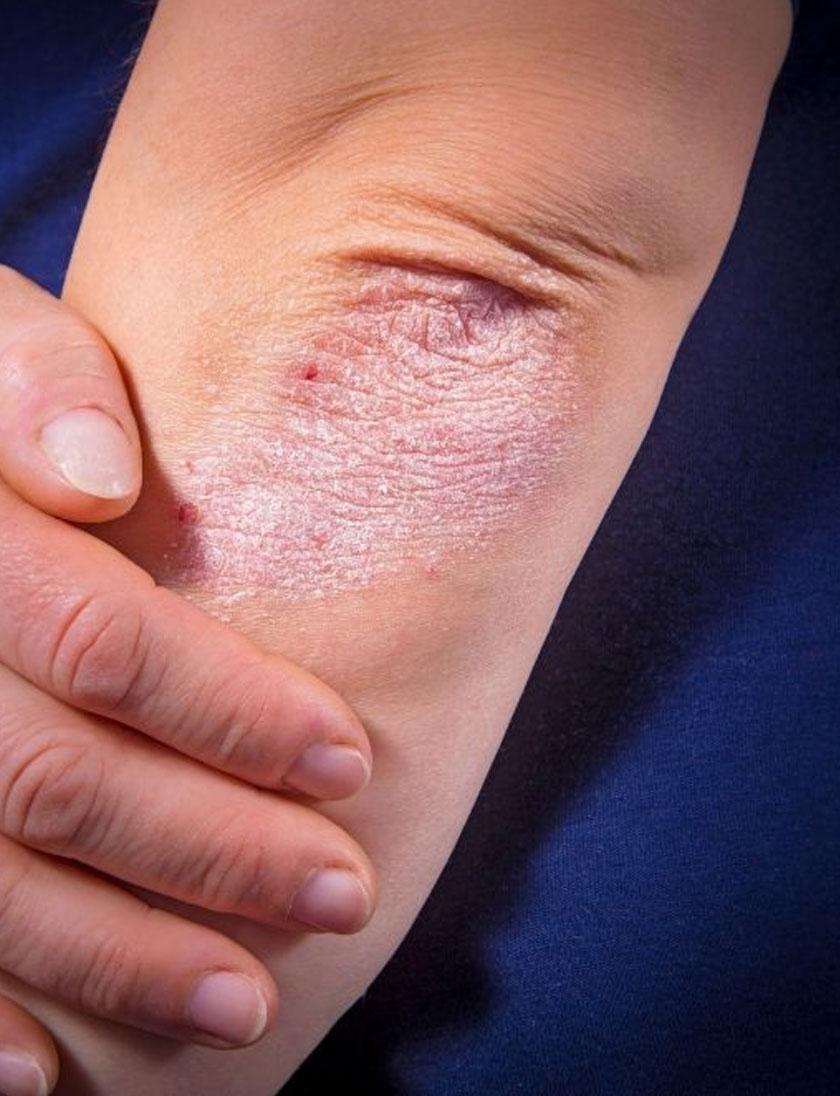Psoriasis
Psoriasis is a chronic skin disease and is often characterized by red, scaly, itchy lesions. Genetic predisposition, immune system problems and environmental factors play a role in the formation of psoriasis. In this blog post, I will provide information about the symptoms, causes and treatment options of psoriasis.
1. Symptoms:
Symptoms of psoriasis can vary from person to person, but the most common symptoms include red, thickened skin lesions and scaling. These lesions usually appear on the skin surface, especially on the elbows, knees, scalp, hands and feet. It may also be accompanied by itching, burning or pain. Psoriasis can also cause nails to thicken, develop pits or lines.
2. Reasons:
The causes of psoriasis are not fully known, but genetic predisposition plays an important role. Additionally, immune system problems, exposure to stress, infections, hormonal changes and certain medications can also trigger the appearance of psoriasis. The exact causes of psoriasis are still being studied.
3. Treatment:
Although there is no definitive cure for psoriasis yet, there are treatment options to control symptoms and extend periods of remission. Treatment is usually determined by the severity of symptoms, location of lesions, and the age of the patient. Treatment options include topical corticosteroids, salicylic acid, topical retinoids, phototherapy, systemic medications (e.g., methotrexate, cyclosporine), and biologic agents. The treatment plan should be determined individually by a dermatologist.
4. Lifestyle and Grooming:
People living with psoriasis can make some lifestyle changes to help keep symptoms under control. These include avoiding stress, following a healthy diet, using skin moisturizers, sun protection, and proper skin care. It is also important to stay in regular contact with your doctor and share with him any changes in symptoms.
Psoriasis is a chronic skin disease characterized by red, scaly lesions. Symptoms can vary from person to person, and treatment options focus on controlling symptoms and prolonging periods of remission. A treatment plan and lifestyle changes determined by a dermatologist can help people living with psoriasis. Remember, it is important to consult a professional to determine your best treatment plan for psoriasis.


 Whatsapp
Whatsapp